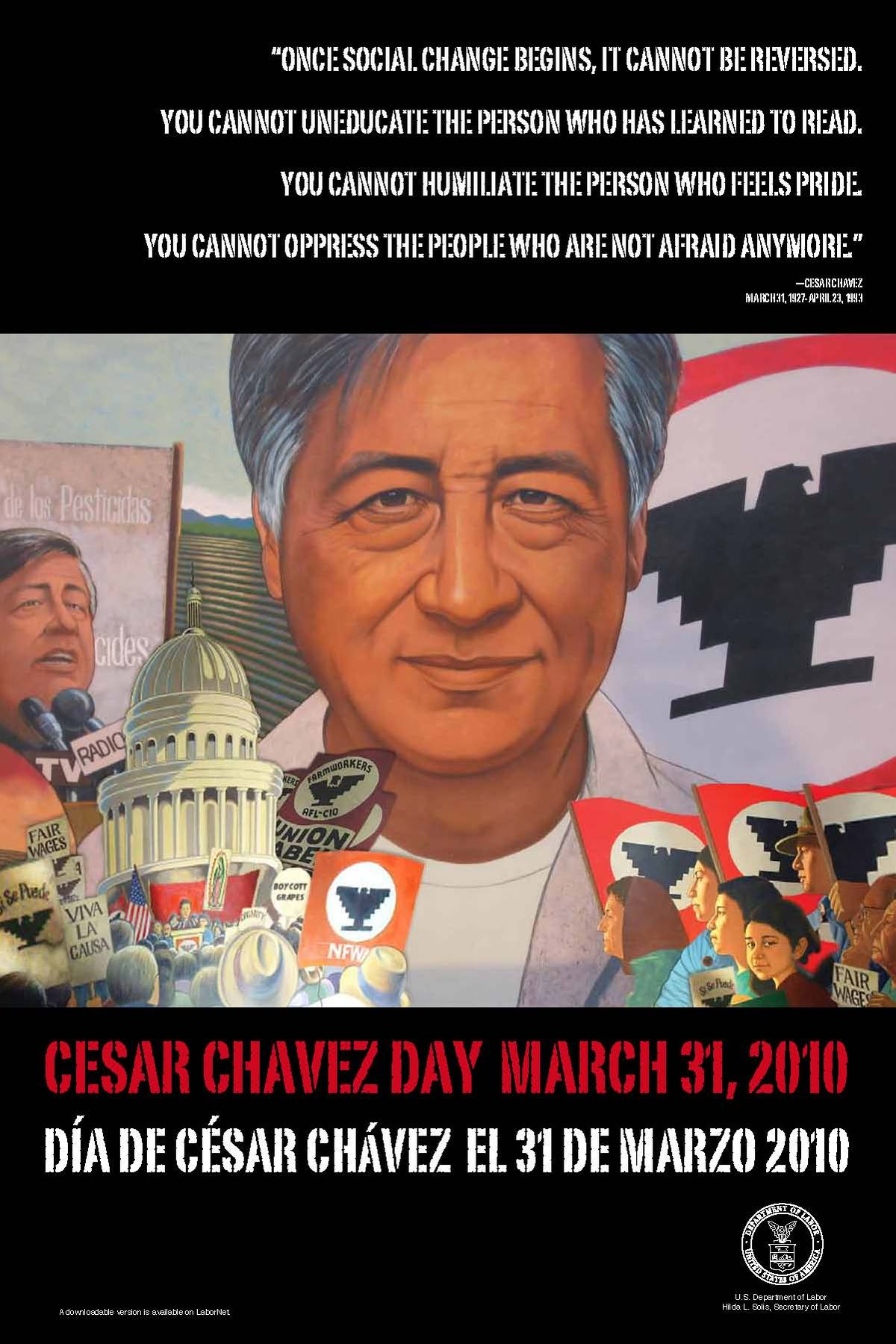Cesar Chavez: Celebrating His Legacy Today
Today marks a significant holiday in the United States: Cesar Chavez Day. Celebrated on March 31 each year, this day honors the life and legacy of Cesar Chavez, a prominent labor leader and civil rights activist who dedicated his life to improving conditions for farmworkers. In this blog post, we will delve into the importance of this holiday, Chavez’s contributions, and how his legacy continues to affect business practices and workforce treatment today.
The Life of Cesar Chavez
Cesar Chavez was born on March 31, 1927, in Yuma, Arizona. Coming from a family of migrant farmworkers, Chavez experienced firsthand the struggles faced by those working in the fields. His early experiences of poverty and injustice motivated him to fight for farmworkers’ rights. In 1962, he co-founded the National Farm Workers Association (NFWA), which later became the United Farm Workers (UFW), a key organization in advocating for farm labor rights.
The Struggles and Achievements
Chavez’s work was characterized by non-violent protests and strikes, drawing inspiration from the teachings of Mahatma Gandhi and Martin Luther King Jr. One of the most notable events was the Delano grape strike, where Chavez and thousands of farmworkers went on strike in 1965, demanding better wages and working conditions.
The strike lasted for several years and attracted widespread attention. Chavez organized boycotts and marches to raise awareness about the plight of farmworkers, ultimately leading to significant changes in labor conditions and practices. His efforts resulted in the first collective bargaining agreements for farmworkers in the U.S., which granted them basic rights and protections.
Cesar Chavez Day: A Day of Reflection and Action
Cesar Chavez Day is not only a day to remember the achievements of Chavez but also an opportunity to reflect on the ongoing struggles for social justice and equality in the workplace. Many organizations across the country participate in activities to honor his legacy, including educational programs, community service, and labor rights advocacy.
This year, as we acknowledge Cesar Chavez Day, it is essential to consider the implications of his work for modern business practices. As HR professionals and business leaders, we can draw valuable lessons from Chavez’s commitment to workers’ rights. In an era where employee engagement and ethical labor practices are paramount, understanding the significance of fair treatment and respect in the workplace remains crucial.
How Chavez’s Legacy Influences Business Today
Chavez’s efforts led to foundational changes in labor relations, impacting how businesses today approach employee treatment. Companies that embrace the principles of equity, diversity, and inclusivity can not only honor Chavez’s legacy but also enhance their reputation and productivity. Research has shown that companies that treat their employees well experience lower turnover rates and higher customer satisfaction.
The Importance of Fair Labor Practices
Today, as we witness various movements advocating for workers’ rights (i.e., the Fight for $15 and Black Lives Matter), it is imperative to recognize the importance of fair labor practices. Businesses must prioritize equitable treatment and transparency to build trust and loyalty among their workforce. Employee training programs highlighting inclusivity and respect can bridge gaps and foster a better workplace atmosphere.
Understanding Non-Profit Movements and Business Ethics
Chavez’s leadership extended beyond labor rights; he was also a strong advocate for environmental issues. His philosophy emphasized the interconnection between social justice and environmental sustainability. In today’s corporate landscape, businesses are increasingly expected to take a stand on social issues and engage in ethical practices.
Integrating social responsibility into business strategies is not just a compliance issue; it’s a matter of aligning with the values of consumers and employees alike. Companies that take proactive measures to address social and environmental issues acknowledge the broader impact of their operations, which resonates positively with stakeholders.
Taking Action and Making Changes
This Cesar Chavez Day, businesses and individuals can take action in various ways. Here are some suggestions to honor Chavez’s legacy:
- Engage in Community Service: Offer your time and skills to local organizations supporting farmworkers or other labor rights movements.
- Create Awareness: Share materials and promote discussions about labor rights within your network.
- Advocate for Fair Practices: Ensure your workplace policies promote equity and fairness, supporting underrepresented communities.
Conclusion: Continuing the Work of Cesar Chavez
Cesar Chavez Day is a reminder of the ongoing struggle for workers’ rights and social justice. As we reflect on Chavez’s contributions, business leaders and HR professionals must remain committed to upholding the values he championed. By promoting fair labor practices, investing in employee well-being, and advocating for social and environmental issues, we can honor Chavez’s legacy and work towards a more equitable future.
For more information on Cesar Chavez and his day, visit the Cesar Chavez Day Wikipedia page to explore his life and contributions further.








